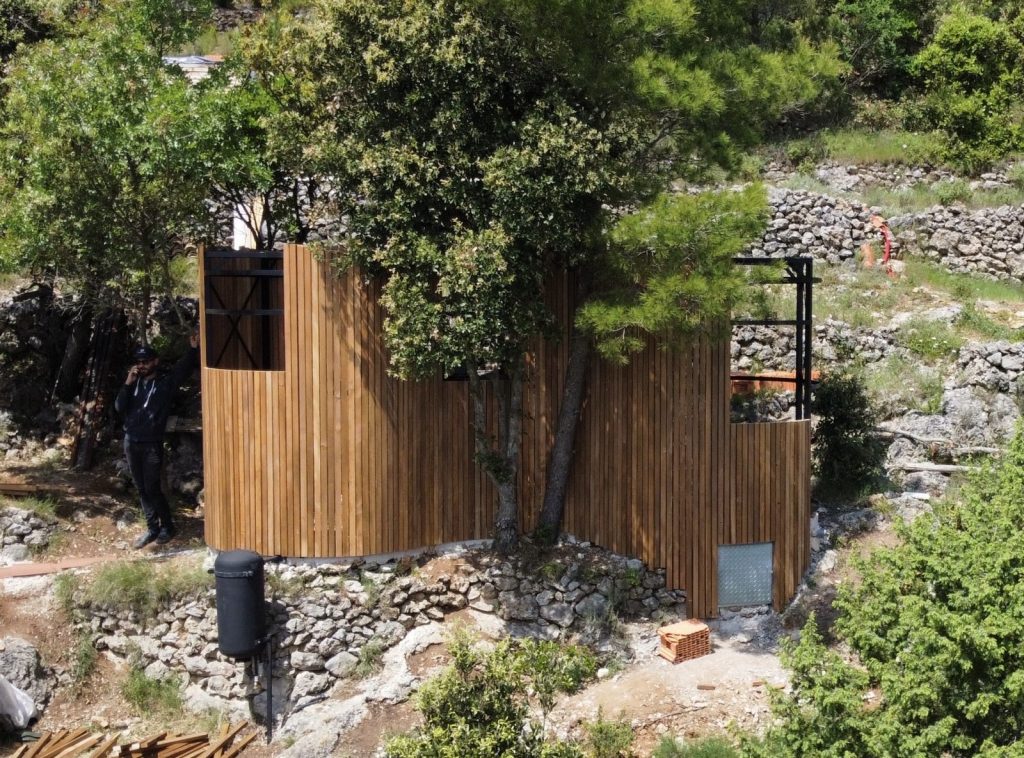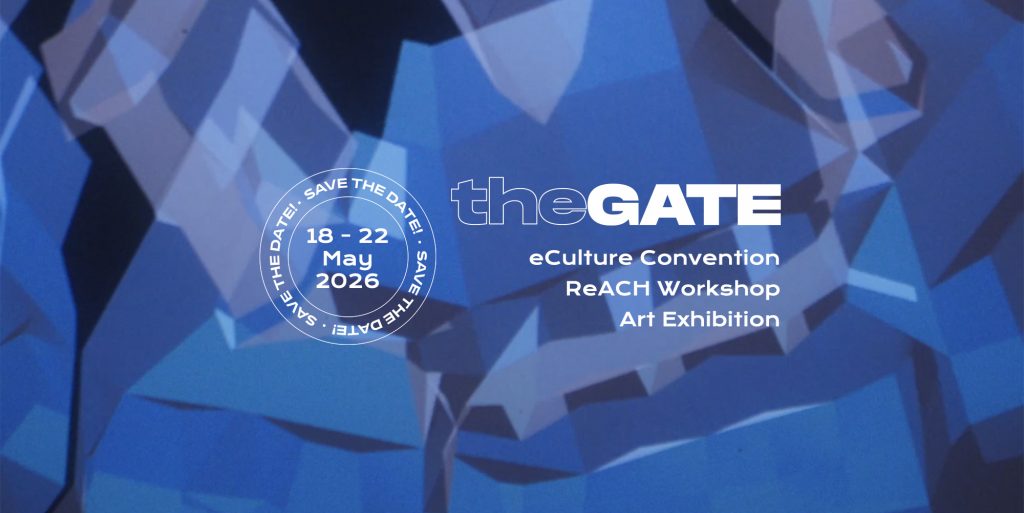This project combines natural building techniques, permaculture and land art design, sustainable water management models, artistic interventions, and active collaboration with the local community. It provides a fully sustainable system for drinking water and wastewater management. From rockslide stabilization to a greywater bio-treatment system, the project uses a permaculture-informed landscape design that is both practical and aesthetically integrated into the environment.
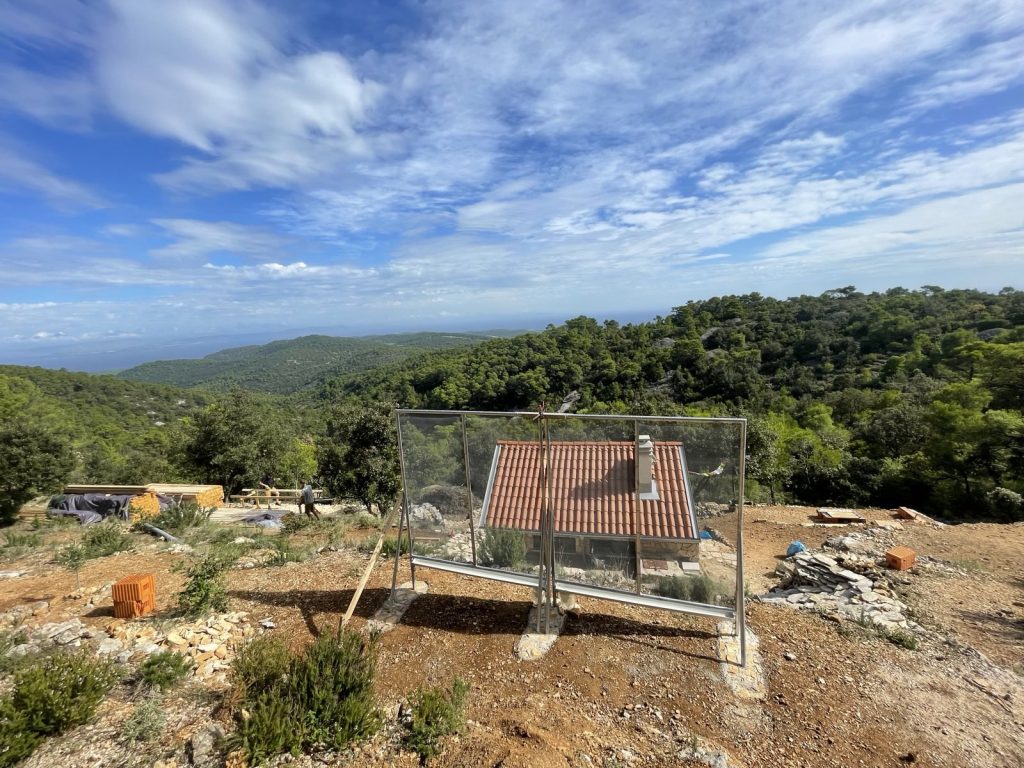
The system operates as a circular, closed-loop rainwater cycle: water is collected in a cistern, used in the house, treated in greywater bio-cleaning ponds, and then reused in agriculture or returned to nature without pollution. Artistic elements are integrated throughout the design, reflecting the natural circulation of water and embodying the permaculture principle of “catch and store.” This energy is further expressed through sound, visual art, and other creative representations.
We build the future; the future is building us.
– Matko Šišak
The local community benefits directly from access to purified water, as the project treats water as a shared resource. Its approach can be replicated in other regions with similar climate and environmental conditions. By combining permaculture, sustainable water management, climate adaptation strategies, traditional knowledge, heritage, and community participation, the project demonstrates a successful synergy of science, art, and local engagement, offering a model for future sustainable development initiatives.
Artist: Matko Šišak (M, Croatia)
Publisher: Dražen Šimleša
Office Support: Una Milić
ZMAG Engineering and Construction support team: Jakov Radošević, Alen Cerovac, Kristijan Perlić, Goran Brumić
ISSA Field support: Srećko Horvat, Luka Vlahović, Marina Andrijašević
Architect: Luka Vlahović
Construction engineer: Jakov Radošević
Sound artist: Marina Andrijašević
Drugo more support team: Ivana Katić, Davor Mišković, Dubravko Matanić
Film Production: Dario Juričan
Illustrations & Graphic Design: Miran Križanić
Supported by: Government of the Republic of Croatia – Office for Cooperation with NGOs
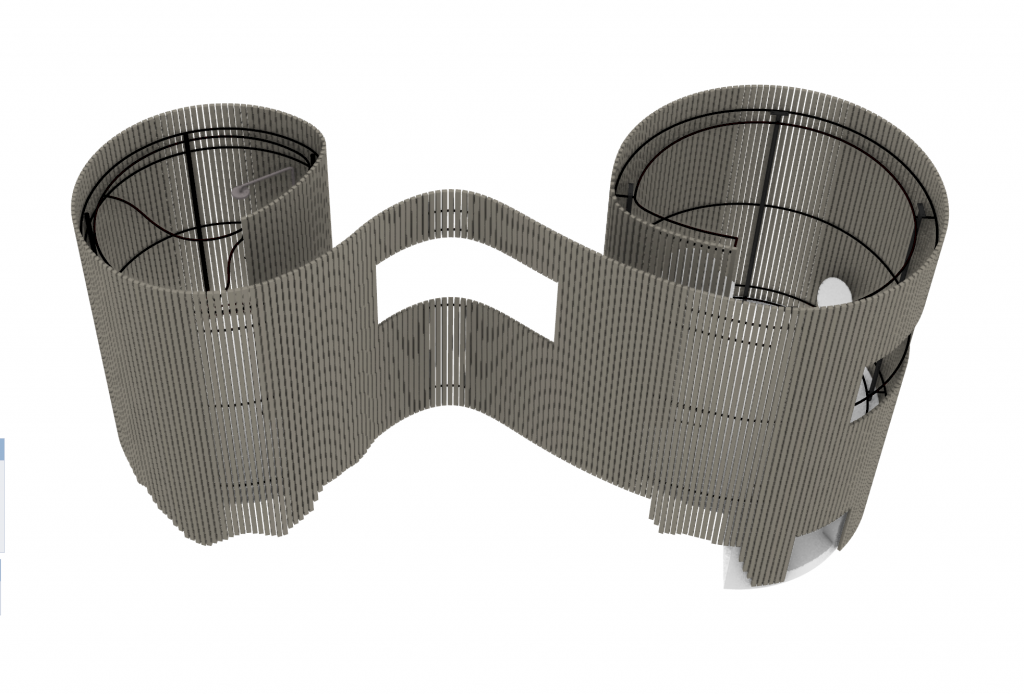
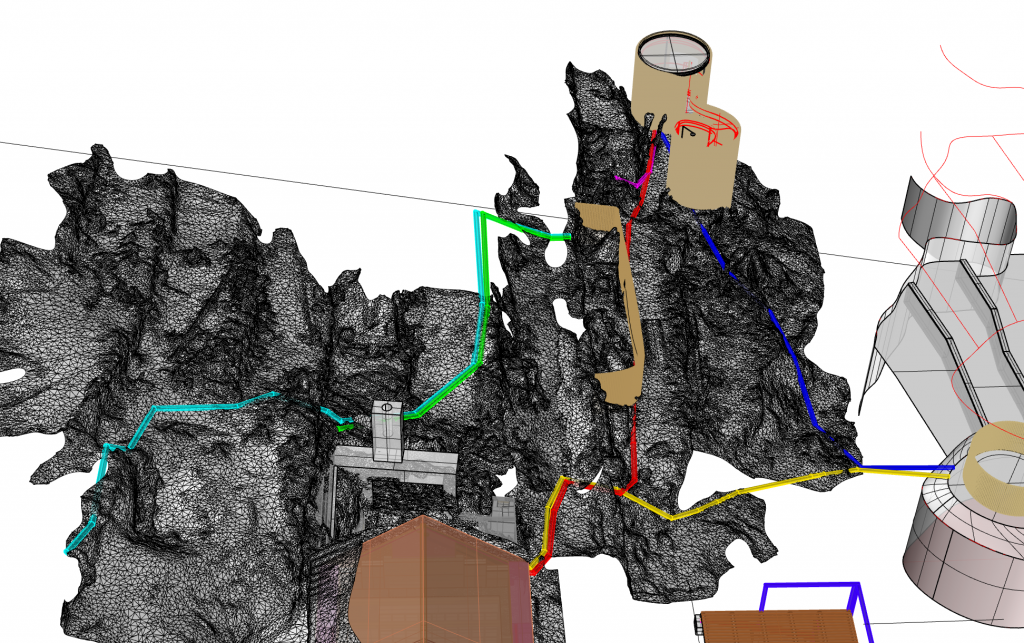
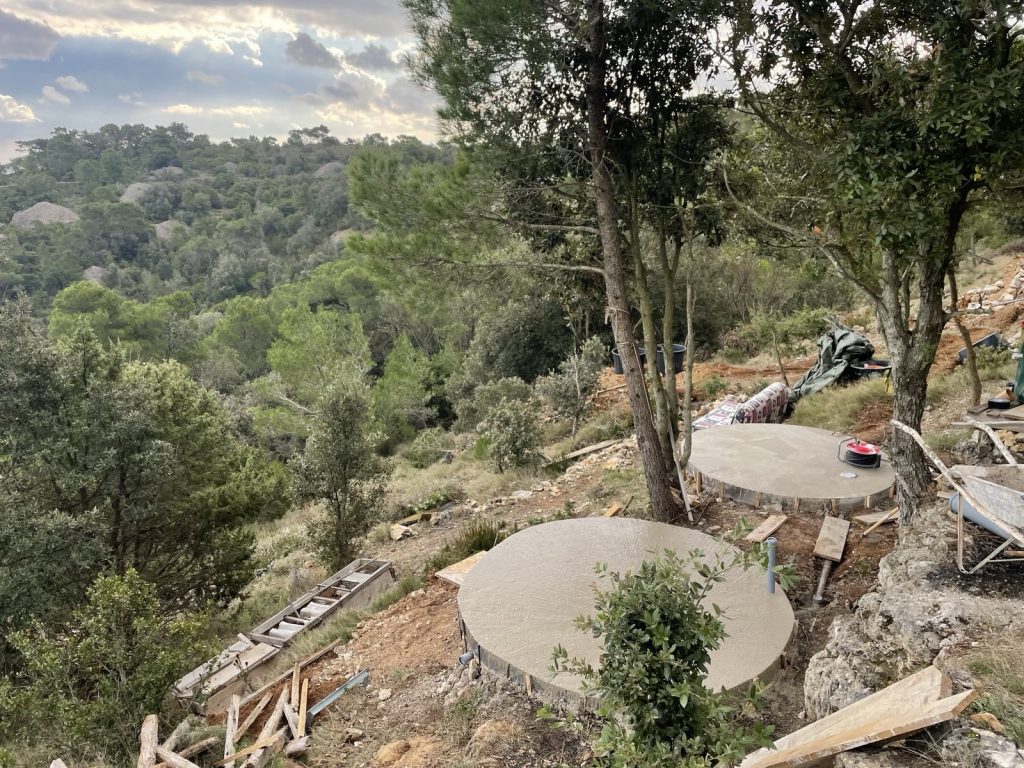
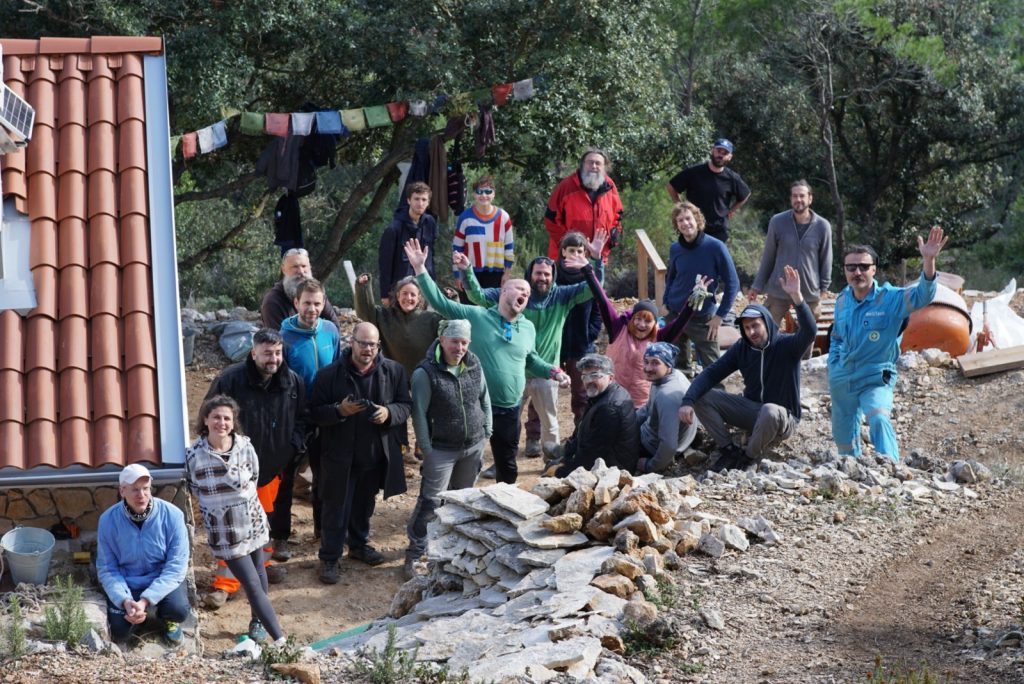
About Matko Šišak
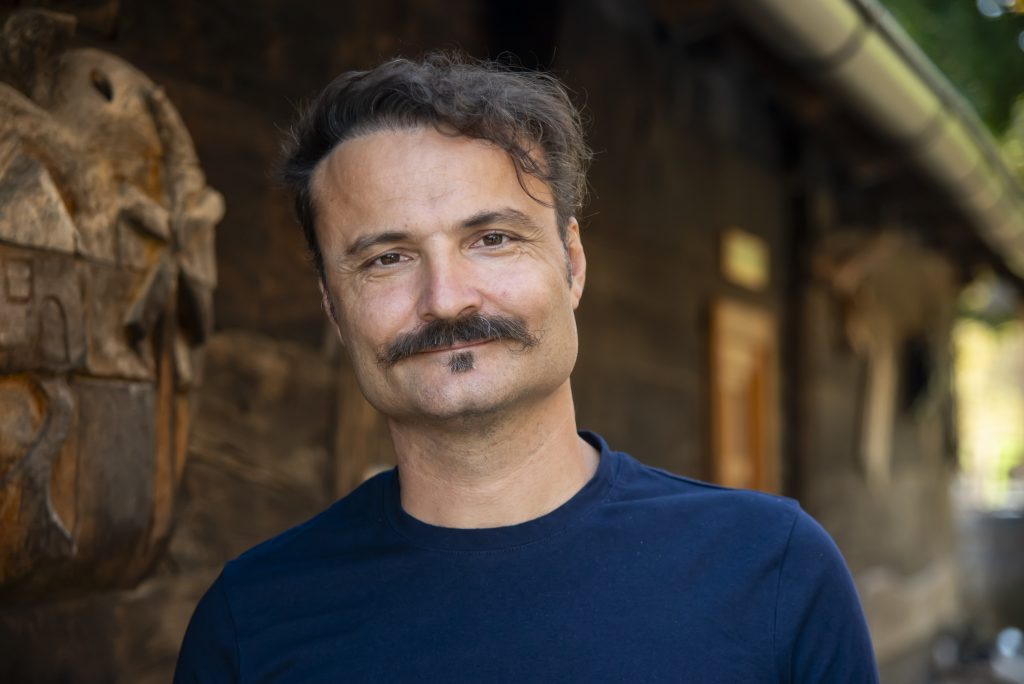
Matko Šišak (HR), is a builder, artist, permaculture designer and educator. The initiator and manager of the Vukomerić Recycled Estate and one of the founders of ZMA (Green Network of Activist Groups). For the last 25 years, he has been researching, practicing and promoting ecological technologies and innovations in the fields of construction, do-it-yourself culture, land art and permaculture.
He participated in the construction of around 50 natural and organic buildings of various typologies and purposes. As an educator, advisor and mentor, he systematically transfers knowledge from the aforementioned areas to the wider and expert public. He is the author of several publications and the editor of a dozen books from the “Zeleni alati” edition. Founder and leader of the Academy of Natural Construction and the Convention of Natural Construction. National Geographic’s 2018 Yellow Frame Award.
Host / Region

Drugo More/ Rijecka, Croatia – Island of Vis
Abstract
The goal of the residency was to develop a convivial tool, a prototype for a small-scale water collecting and distribution system using traditional (cistern) and modern technology coupled with community engagement on the island of Vis, considering the local context: a Mediterranean climate, affected both by climate crisis and overtourism straining the natural water supplies.
Keywords
climate crisis, sustainability hydrological cycles, rain water collection, convivial tools
Description of the regional challenge
The island of Vis is one of the farthest inhabited islands of Croatia, about 50 km away from the mainland. It is one of the rare Adriatic islands with its own natural sources of drinking water from natural spring water reservoirs. However, due to global tourism and further urbanization of the island, these sources and the future of water supply are in danger. Already now during summers and high season, there can be water rationing. At the same time, climate crisis and continuous heatwaves are forcing the local population to again deploy traditional methods of collecting rainwater (through dry stone walling) that were used for centuries and ever since the island was colonized by the ancient Greeks some 2,400 years ago.
The Island School of Autonomy (ISSA), a place for imagining, experimenting and cultivating forms of knowledge production, based on the island Vis already started by reconstructing old water tanks and using traditional methods and now wants to combine it with modern technologies (like cloud collectors, solar water pumps, open source technology) in order to build a sustainable water supply system that works with natural water cycles used also in other environments faced with similar challenges.
How is the mission S+T+ARTS driven?
During the residency, participants will have direct access to experts across various disciplines, supported and facilitated by Drugo more and The Island School of Autonomy (ISSA), who will enrich the production throughout the research and production phases. The residency aspires to explore and build a prototype of e.g. a sustainable water circulation system, a “convivial tool” (that could be understood, controlled and modified by the ones who are using it), on island Vis
About The Project – Cisterns Meet Modern Tech – Circular Water Systems as a Convivial Tool
The project Cisterns Meet Modern Tech – Circular Water Systems as a Convivial Tool offers a sustainable solution for providing drinking water and treating wastewater. By integrating artistic elements into the design, it mimics the natural water cycle, following the permaculture principle of capturing and storing water. From rockslide installations to a greywater bio-treatment system, it will employ land art and permaculture landscape design that is both functional and artistically inspired. This circular system collects rainwater via a cistern, uses it in the household, purifies it in greywater ponds, and then redirects it for agricultural use or returns it to nature.
The project respects water as a shared resource, benefiting the local community by providing access to purified water. With its potential for broad impact, the project can be replicated in regions with similar climates and conditions.
Jury Statement
“This project uniquely proposes a comprehensive circular water management system, including a cistern (roof water collection), a fog catcher (collecting water from the air), a water filtration system for household and agricultural use, and the construction of a pond that collects filtered wastewater. The project places special emphasis on the use of natural and traditional materials in all phases. The applicant’s previous experience in implementing similar projects in the locality inspires confidence in the feasibility of the project within the proposed framework. The artistic dimension combines landscape art with video work, transforming into an installation for gallery presentation. The artistic aspects of the accepted proposal were discussed by the jury at length, and it is intended that these be refined through interaction and collaboration with the larger team and context. An important aspect of the proposed project is the work with the community around ISSA, which will participate in the in-situ implementation of the project and include presentations and workshops for the local community to facilitate the simple application of knowledge and its operationalization in similar conditions. The project will leave in place an engineered, functional water management system, making it particularly valuable in the context of the posed challenge.“
